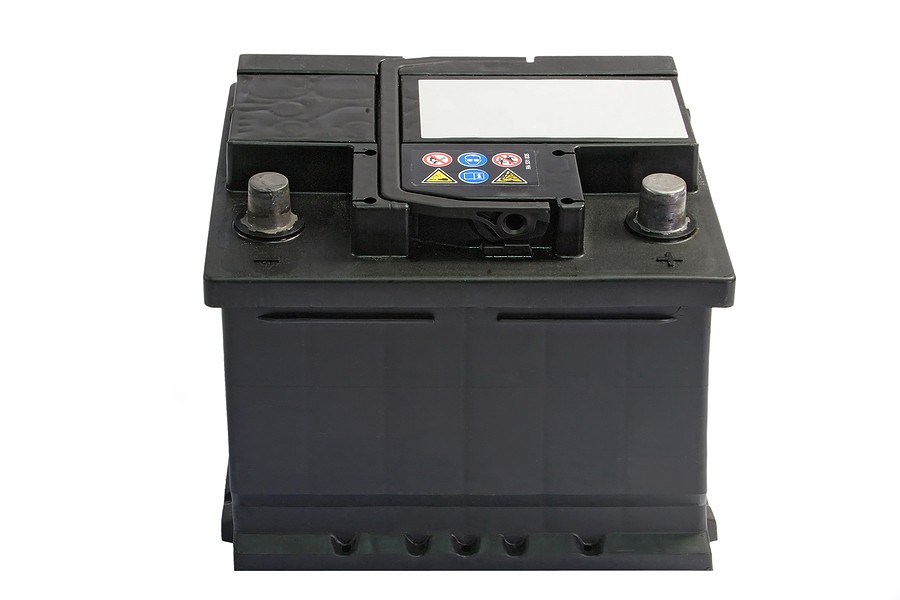If you’ve ever been left stranded by a dead car battery, you're not alone. It's a common issue faced by many vehicle owners. Understanding the reasons behind a rapidly draining battery is essential not just for a smooth drive but also for the overall health of your car. In this in-depth article, we will explore the common culprits and offer actionable solutions.
1. Understanding the Basics of a Car Battery
What is a Car Battery?
A car battery provides the jolt of electricity necessary to power all the electrical components in your vehicle. It's essentially the heart of your car's electrical system, storing energy until it's needed.

Life Expectancy of a Battery
Under ideal conditions, car batteries last about 3-5 years. However, numerous factors can reduce this lifespan, causing unexpected battery failures.
Components of a Car Battery
The battery consists of lead acid, including a combination of lead, lead dioxide, and an electrolytic solution. These components work in tandem to produce a voltage.
How Do Batteries Supply Power?
When you turn the ignition, the battery supplies power to the starter motor, which then starts the engine. Once the engine is running, the alternator takes over to supply most of the power.
2. Common Reasons for Rapid Battery Drain
Parasitic Drain
This is when components draw more power than they should when the ignition is off. Common culprits include alarm systems, radios, and central locking systems.
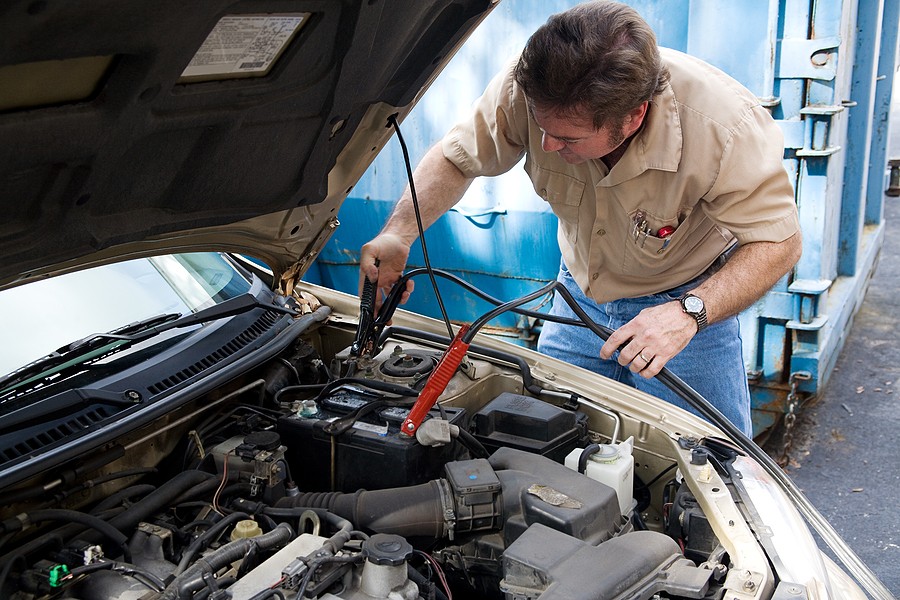
Frequent Short Drives
Short drives prevent the battery from fully charging. Constantly driving short distances can drain the battery as the alternator doesn’t get sufficient time to recharge the battery.
Faulty Charging System
If the alternator isn’t functioning correctly, it won’t recharge the battery as it should, leading to a drain.
Old Age
As mentioned earlier, the average battery lifespan is 3-5 years. An old battery might not hold a charge as efficiently as a newer one.
3. Signs Your Battery is Dying
Slow Engine Crank
When the car key is turned, and the engine cranks sluggishly, it often indicates a dying battery.
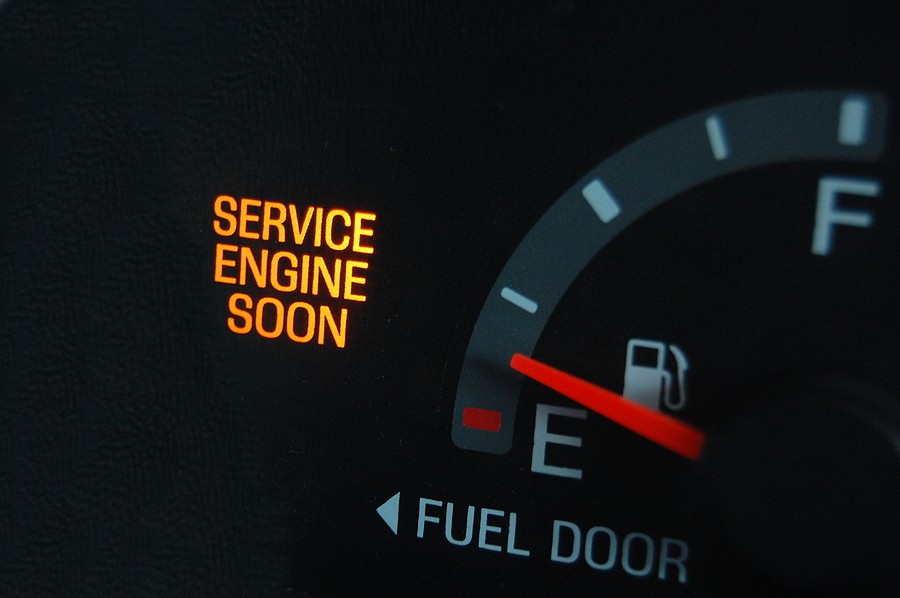
Dashboard Warning Light
Most vehicles have a dashboard warning light, often shaped like a battery, signaling issues with the charging system.
Swollen Battery Case
Exposure to excessive amounts of heat or cold can cause the battery case to swell. A swollen case is a clear sign of a failing battery.
Electrical Component Issues
If the vehicle’s headlights are dim or other electrical components are sluggish, the battery might be the culprit.
4. How External Conditions Impact Battery Life
Extreme Temperatures
Both high and low temperatures can strain a battery. Hot weather can cause the liquid inside to evaporate, while cold weather can slow the chemical reactions inside the battery.
Vibration
Batteries that aren't securely fastened can vibrate, causing internal damage and short circuits.
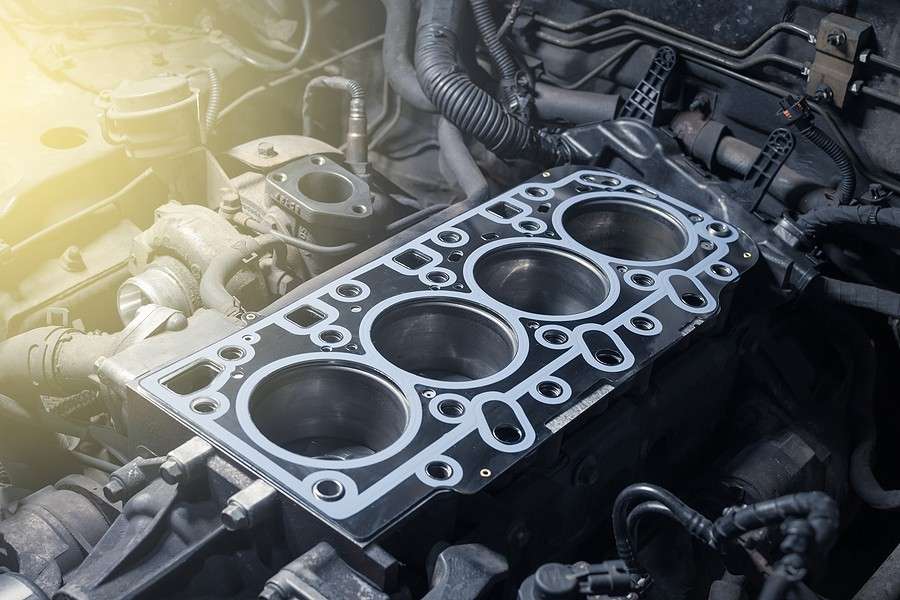
Corroded or Loose Battery Connections
Dirty battery terminals can create resistance, making it harder for the current to pass into the vehicle’s electrical system.
Overcharging
A malfunctioning component in the charging system, often the voltage regulator, can allow too high a charging rate, resulting in a slow battery death.
5. Ensuring Proper Maintenance for Extended Battery Life
Regular Inspections
At every oil change or service interval, have the battery and the entire charging system inspected.

Clean the Terminals
Using a solution of baking soda and water, clean the terminals to remove corrosion, ensuring a strong connection.
Secure the Battery
Ensure that the battery is firmly secured in its seat, reducing vibrations which can lead to internal damage.
Avoid Draining
Avoid leaving headlights, interior lights, or the radio on when the car isn't running to prevent unnecessary battery drain.
6. When to Seek Professional Help
Persistent Warning Lights
If the battery warning light continues to illuminate, it's time to get a professional to check your vehicle.
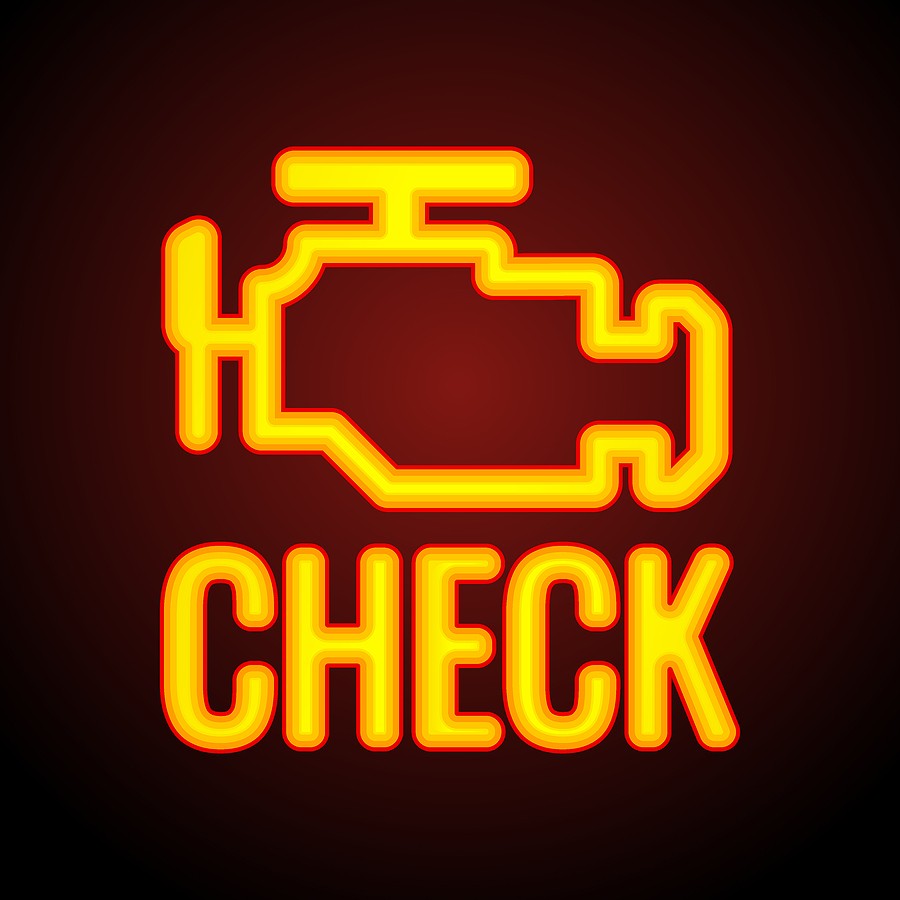
Jump Starting Frequently
If you need to jump-start the battery to get the car running, it's an indicator of a battery at the end of its life.
Frequent Slow Starts
When the engine cranks slower than usual over a period, it might be more than just a battery issue.
Old Age
If your battery is nearing or past the 5-year mark, it's a wise decision to get it checked or replaced.
7. Alternatives to Traditional Car Batteries
Lithium-ion Batteries
More energy-dense and lightweight, these batteries are becoming a popular choice in modern electric vehicles.
Solar Car Batteries
With built-in solar panels, these batteries get charged via sunlight, offering an eco-friendly option for drivers.

Ultra-capacitors
Instead of storing energy chemically like traditional batteries, ultra-capacitors store energy statically. They have a longer lifespan but currently come with limitations in energy storage capacity.
Fuel Cells
Using hydrogen gas to produce electricity, fuel cells are becoming a popular choice for many green vehicles.
In conclusion, understanding why a car battery drains quickly and taking steps to address the underlying issues can go a long way in ensuring a hassle-free driving experience. Regular maintenance, being mindful of external factors, and recognizing the signs of a dying battery are crucial. If in doubt, always consult with a professional to get the best advice for your specific situation. Safe driving!

